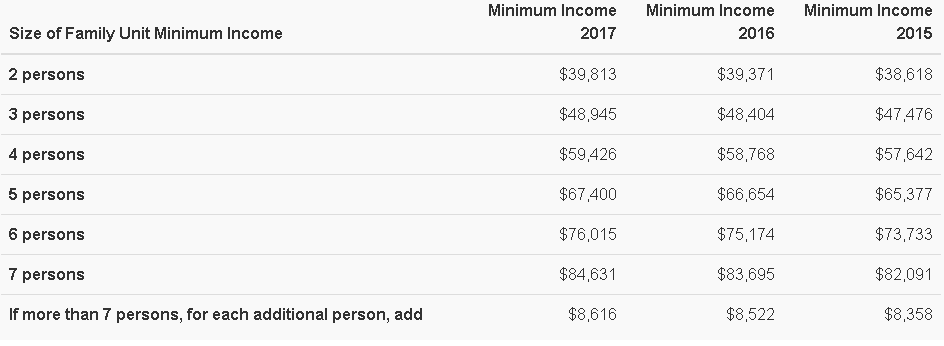The Canadian immigration and citizenship system is complicated and constantly changing. Each case is unique and the way in which laws and regulations apply to your case may be different than the case of other family members or friends. The difficulties in immigration applications are compounded by the fact that most applicants are not native English speakers. Unfortunately, there are many instances of fraud and scams that are perpetuated against those interested in coming to Canada either on a temporary basis as visitors, students or workers, or those interested in becoming immigrants.
Therefore, choosing a representative that can advise you and represent you competently is one of the most important decisions you can make in helping you navigate the immigration system and preventing mistakes that can lead to delays or the refusal of your application. Having a professional that is legally permitted to represent will mean that the representative has to meet regulatory requirements with regards to competence and ethics and if there are any problems you may have recourse to follow up your case.
Who Can Legally Represent
Any person that receives compensation from you in exchange for providing you with immigration advice or assisting you with your application must be declared in your immigration application as a “Paid Representative”. There are a limited group of professionals that are legally permitted to advise you in immigration matters and to prepare and submit applications on your behalf to Immigration, Refugees and Citizenship Canada (IRCC). These professionals are:
- Lawyers who are members of the law societies in the provinces of Canada (and licenced notaries in the province of Quebec)
- Immigration consultants that are members of the Immigration Consultants of Canada Regulatory Council (ICCRC)
- In some instances, licenced Paralegals that are members of the Ontario law society
Canadian lawyers are permitted to represent you in all immigration matters including all levels of court and all types of immigration and citizenship applications. Immigration Consultants and licenced paralegals may also represent you in most immigration matters excluding appeals before the federal court of Canada. You can check whether a professional is licenced and is permitted to practice in one of these categories by checking the relevant website (in Ontario: www.lsuc.on.ca/find-a-lawyer-or-paralegal or www.iccrc-crcic.ca).
No other person or entity is permitted to represent immigrants or provide immigration related advice. There are unfortunately individuals and businesses that claim to provide immigration services without any of the safeguards that are in place for lawyers and immigration consultants. For example, unauthorized representatives (also referred to as “ghost consultants”) submit applications with your own name and contact information, without any mention of their role in preparing your application.
I have seen countless cases where ghost representatives have provided false information and even fraudulent documents resulting in refusals and findings of misrepresentation for their innocent clients. You should be aware that you are always responsible for all information and documents submitted to IRCC on your behalf and choosing a representative that is competent and ethical can make all the difference.
5 Tips In Choosing Your Immigration Representative
- Ask for recommendations and check online reviews – before choosing a representative try to get recommendations from people that you trust. You can also try to search the name of the potential representatives online to see if there are any online reviews or information from past clients.
- Ask about the representatives credentials and experience – when meeting with potential representatives make sure to ask about their credentials and specific experience in dealing with similar cases.
- Discuss the services they will provide and negotiate the legal fee – make sure to understand what the process will include and the services that will be provided (as well as those that are excluded). You should also discuss the legal and government fees involved in your application upfront to avoid misunderstandings during the process.
- Have a written contract with your representative – make sure to get the details of the services and fees in a written contract from your representative. Keep the signed contract in a safe place and if it includes milestones for the services to be provided make sure that you refer to it regularly to ensure that your application is proceeding as scheduled.
- Protect yourself from fraud by choosing a representative that will represent you ethically – be weary if a representative invites you to take shortcuts as promises that sound too good too be true often are impossible to fulfil. Further you should never agree to provide false documents or information to IRCC as it is against the law and can result in you being denied entry to Canada.







 RSS Feed
RSS Feed